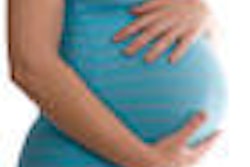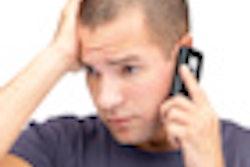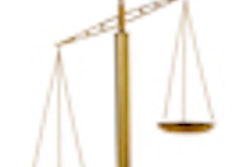Dear Oral Cancer & Diagnostics Insider,
As more dentists screen for oral cancer as a routine part of exams, several testing technologies have crowded the market. Now a Pennsylvania company is preparing to launch a molecular saliva test that analyzes biomarkers to detect oropharyngeal squamous cell carcinoma and diabetes.
In this latest Insider Exclusive, we talked to the dentist who co-founded the company to see how he came up with the idea and how the test might be used to detect other diseases.
In a related story from the Oral Cancer & Diagnostics Community, a "rinse and spit" test for early detection of oral cancer performed well in a clinical feasibility study. Click here to see what the test looks for and what patients it targets.
Meanwhile, research on the genotoxic effects of mobile phones has varied considerably, either suggesting or denying a correlation between heavy cellphone use and migraines, brain tumors, auditory canal pathologies, and physiologic changes in the salivary glands. Click here to read about a new study in Oral Diseases that analyzed the oral mucosa of cellphone users.
And Hank Grass survived a three-year battle with oral cancer. But the 77-year-old retired policeman is now on the verge of bankruptcy as he fights with the Centers for Medicare and Medicaid Services (CMS) for reimbursement for the oral surgeries and dental treatments he needed following radiation treatment. Read about his plight and other oral cancer patients struggling with CMS' strict rules about what constitutes "medically necessary" treatment.
Meanwhile, imagine being able to treat a suspicious lesion on a patient's tongue simply by applying a topical agent, waiting a few minutes, then exposing it to light from a handheld laser or light-emitting diode device. Read about the promise of photodynamic therapy, a minimally invasive technique.
And researchers say gene therapy in the human salivary gland could lead to new treatments for cancer patients suffering from xerostomia. Read about a new study in Proceedings of the National Academy of Sciences and the therapy's potential to help head and neck cancer survivors.
Finally, in a related story, an alternative medicine methodology is showing promise to relieve the chronic dry mouth that many patients experience following radiotherapy for head and neck cancer. Click here to read about the quick response this traditional Chinese medicine was able to achieve.



















